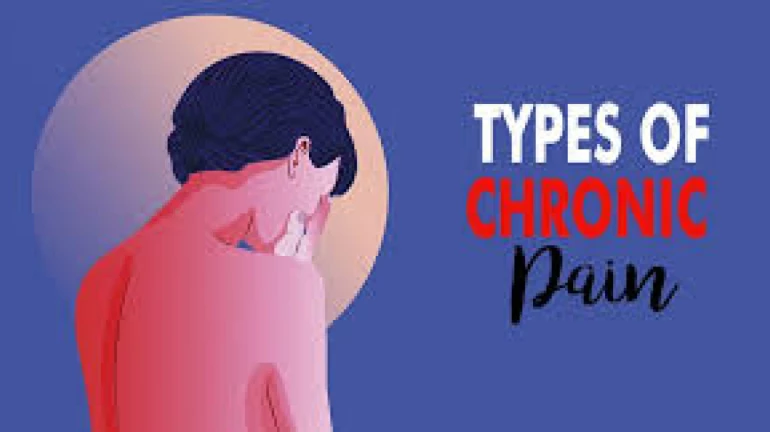
What Is Chronic Pain
Acute pain can occur for a short while after injury but tends to disappear after the healing is complete. Typical solutions such as pain relief gel or pain relief patches are enough to support healing. Chronic pain, on the other hand, continues to last for a longer time. In some cases, it is not related to any injury but can develop on its own.
Pain that lasts for longer than three months is considered to be chronic pain. People may experience bouts of pain daily or have a slight pain sensation at all times. Living with such pain can not only impact one’s physical life but also one’s social and emotional life. This necessitates the need for better pain relief options.
Globally, it has been estimated that 1 in 5 adults suffer from pain and that another 1 in 10 adults are diagnosed with chronic pain each year.1 For people suffering from chronic pain, correct treatment is important.
The orthopedic doctor Dr. J V Srinivas, Lead Consultant, Orthopedics & Joint Surgery, Aster RV Hospital shares the cause, symptoms, medications and helpful treatments.
Common Symptoms of Chronic Pain
Chronic pain can manifest in numerous ways. Depending on the type and area of pain, it may range from mild to severe and show up in the following ways:
· Shooting pains
· Muscle aches
· Joint pains
· Burning or tingling sensations
· Aches
· Electrical or stinging pains
· Stiffness or tightness in the area
· Throbbing pain
Living with these symptoms daily can further lead to other symptoms such as depression, anxiety, restricted movement, fatigue, and insomnia, among others. The most common types of chronic pain are back pain, neck pain, headaches, joint pain, and nerve-related pain.
Chronic Pain Management
In case of an underlying condition, your orthopedic doctor will first try and treat that. However, chronic pain does not always have a clear cause. In such instances, pain relief can be achieved through proper management. Some of the approaches used for pain management include:
Medications
These may include a range of pain relief tablets such as muscle relaxers, nonsteroidal anti-inflammatory drugs (NSAIDs), topical products including pain relief gel and pain relief patches, corticosteroids in the form of pills or injections, and others. Only take the medicines given by your orthopedic in the recommended dosage to avoid unwanted side effects.
Physical Therapy
Certain forms of persistent pain may benefit from physical therapy. This usually includes a mix of stretching and body manipulation exercises that can help with pain. Physical therapy is widely used for back pain relief and may be suggested by your doctor.
Exercise
Low-intensity exercises can work wonders for people with pain. The release of endorphins along with improved blood circulation and overall health can help alleviate or reduce pain. Be sure to consult your doctor as to which exercises are safe for you and which to avoid. Avoid exerting yourself but instead focus on gentle forms of exercise such as walking, swimming, or yoga.
Stress Relief
Stress can be a major contributor to pain. Consequently, living with chronic pain can worsen stress leading to a vicious cycle. Reducing stress through meditation, walks in nature, deep breathing exercises, therapy, etc. can work wonders in pain relief. Certain techniques such as progressive muscle relaxation can also help relax stiff muscles.
Diet
Diet has a direct role to play in pain and inflammation. A healthy diet for weight loss may further be required for back pain relief or pain in the legs. Additionally, cutting back on inflammatory foods such as sugar, salt, red meat, and other processed food may be recommended to mitigate pain. Alcohol can also worsen pain so reducing alcohol or quitting it completely, based on your situation, can help.
Living with chronic pain can be challenging as it can interfere with a lot of daily tasks. Timely treatment is important to effectively manage pain. Along with orthopedic approaches discussed above, you may also benefit from therapy to support your mental health which can further have an impact on pain. Discuss possible treatment and lifestyle options with the best orthopedic doctor in Bangalore to manage the pain better.





